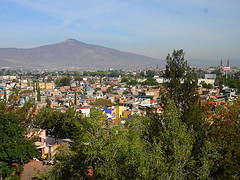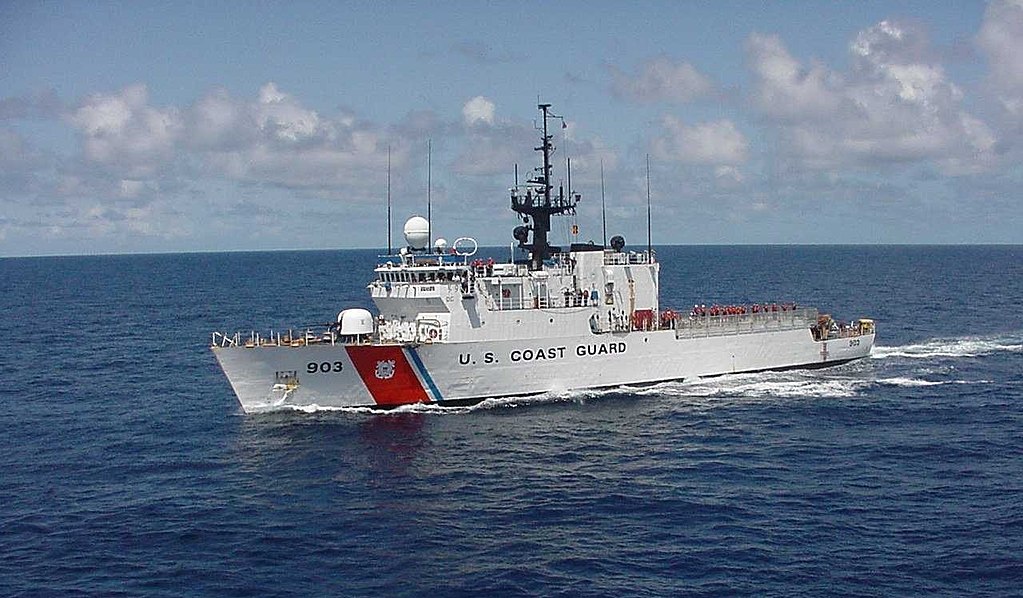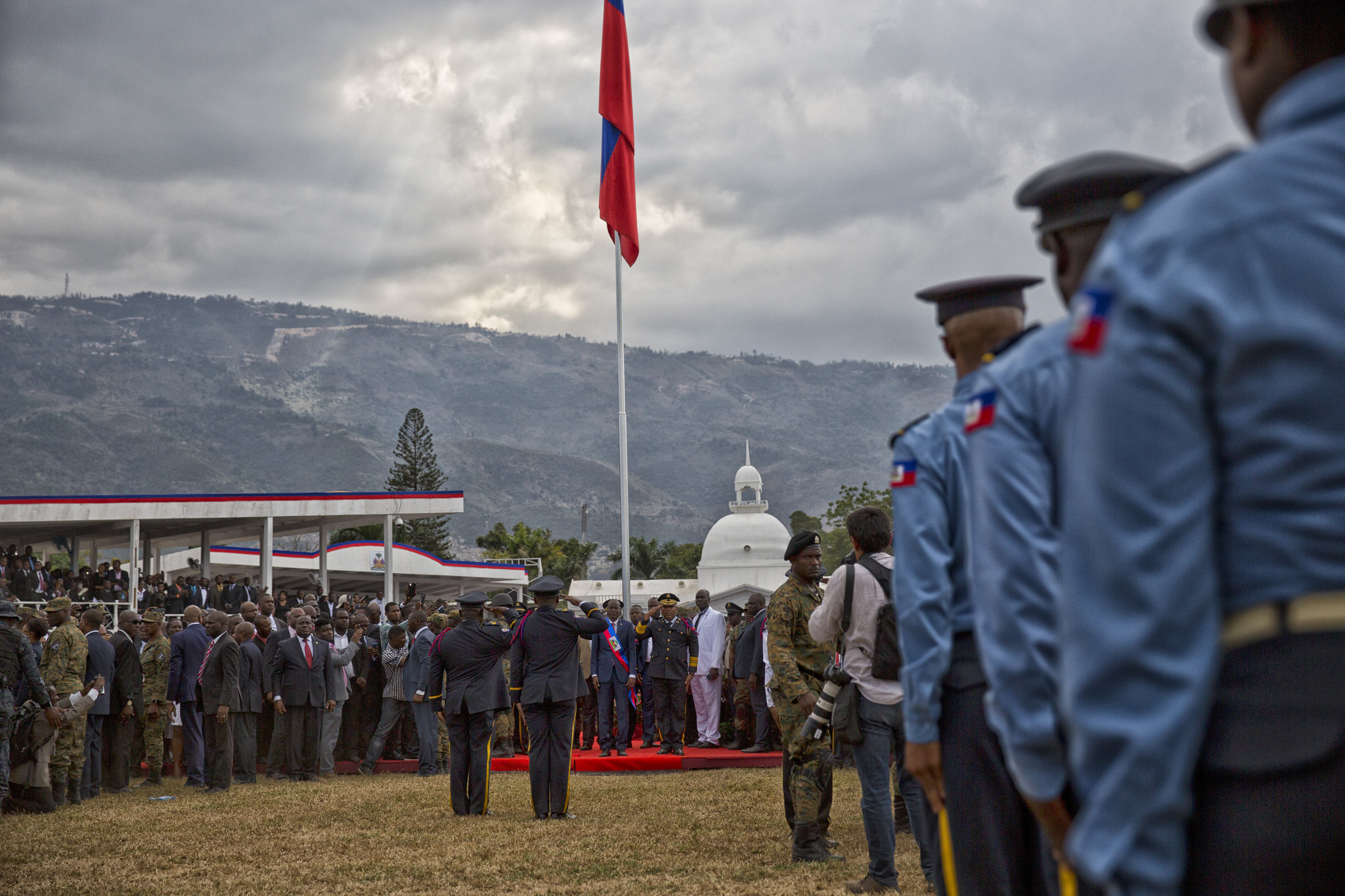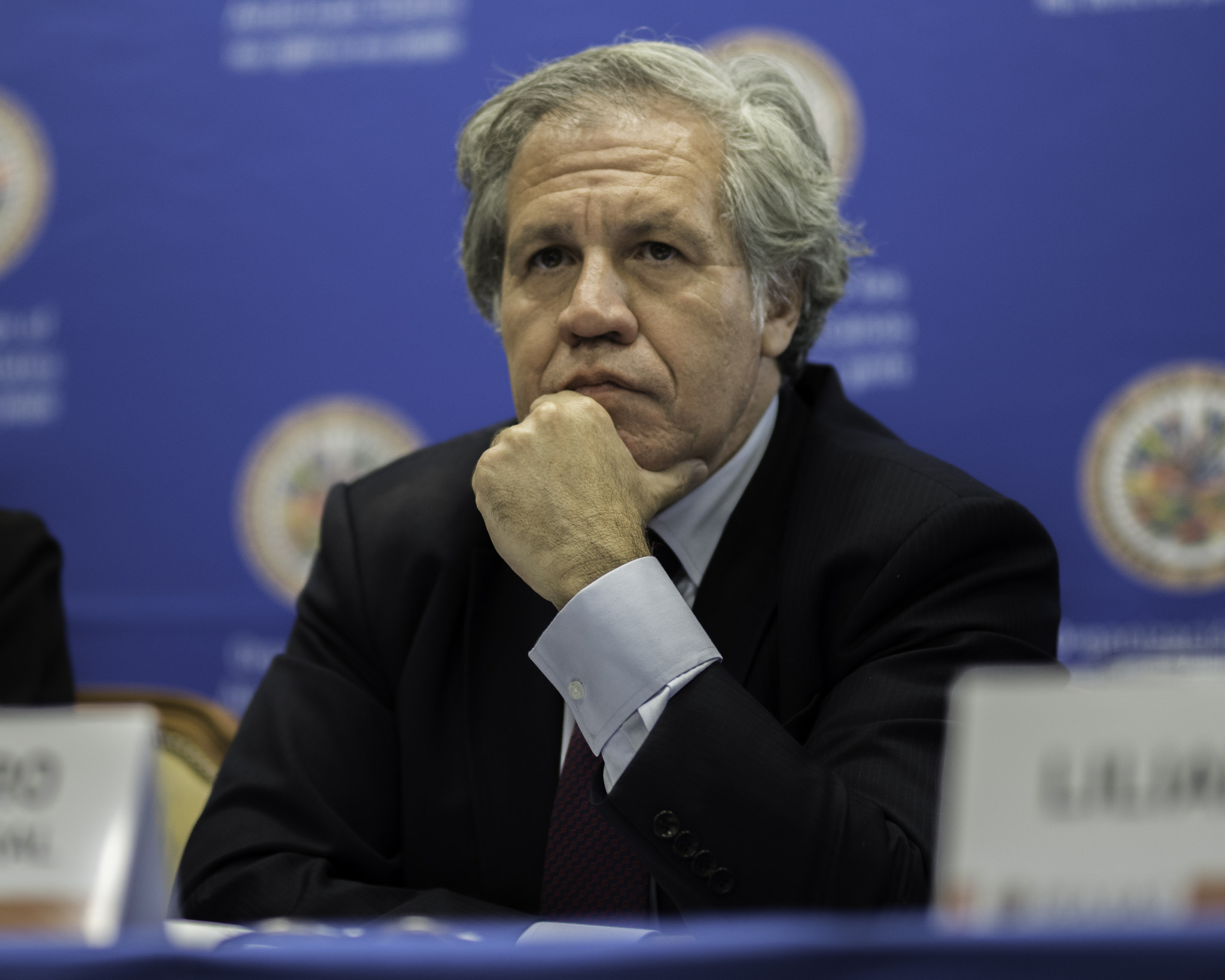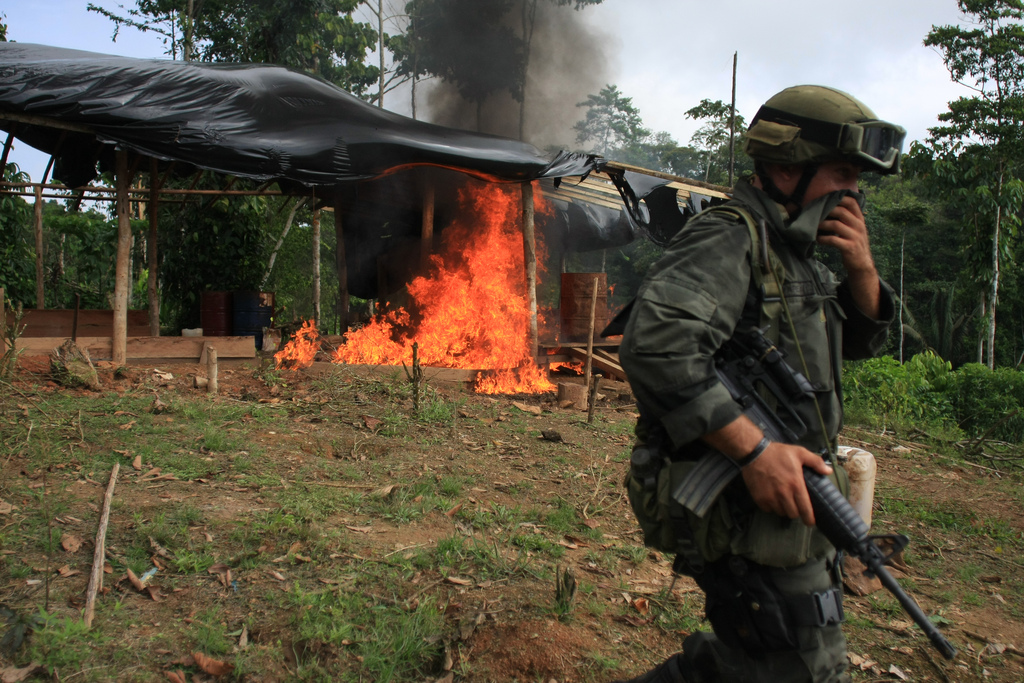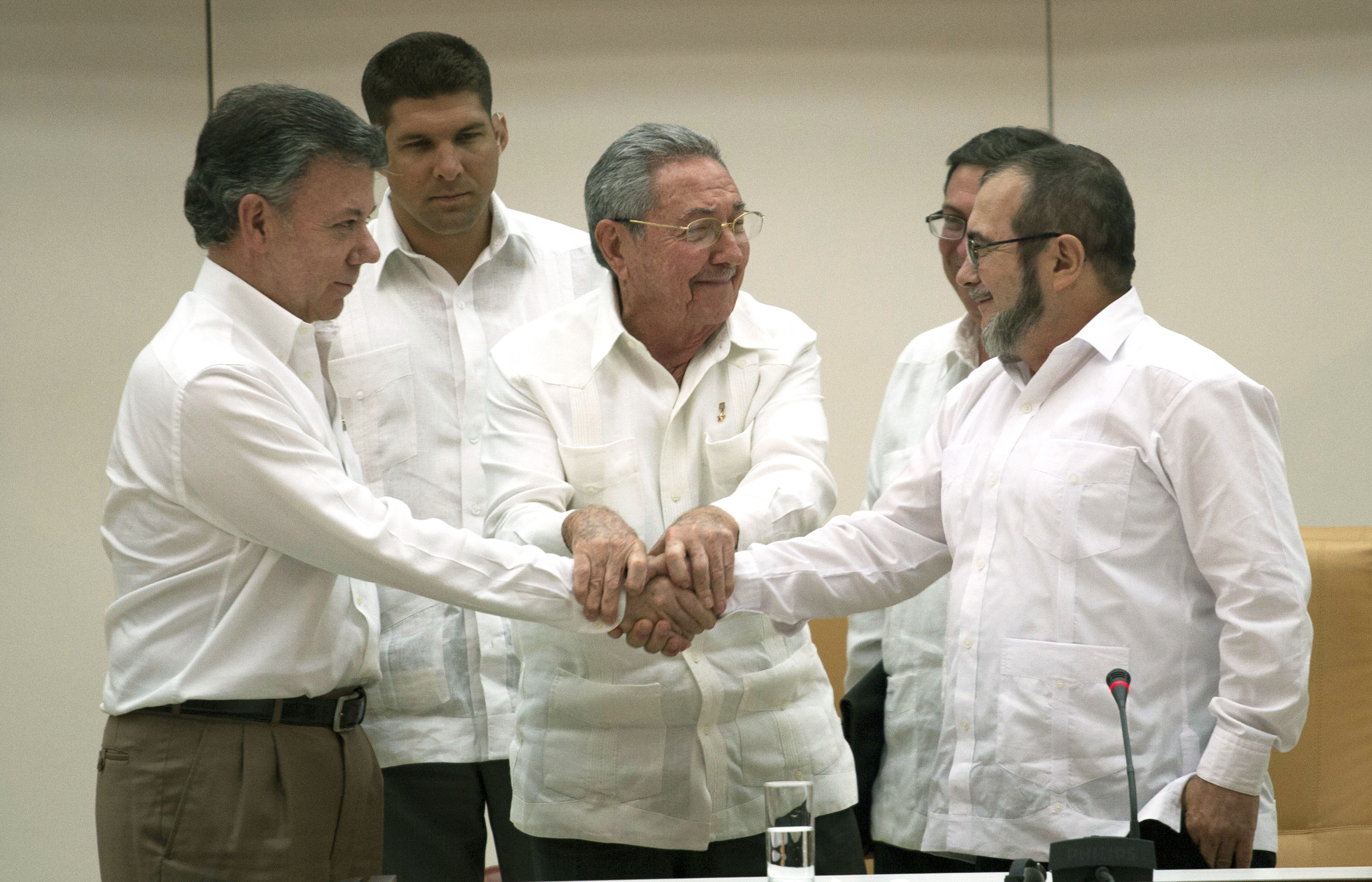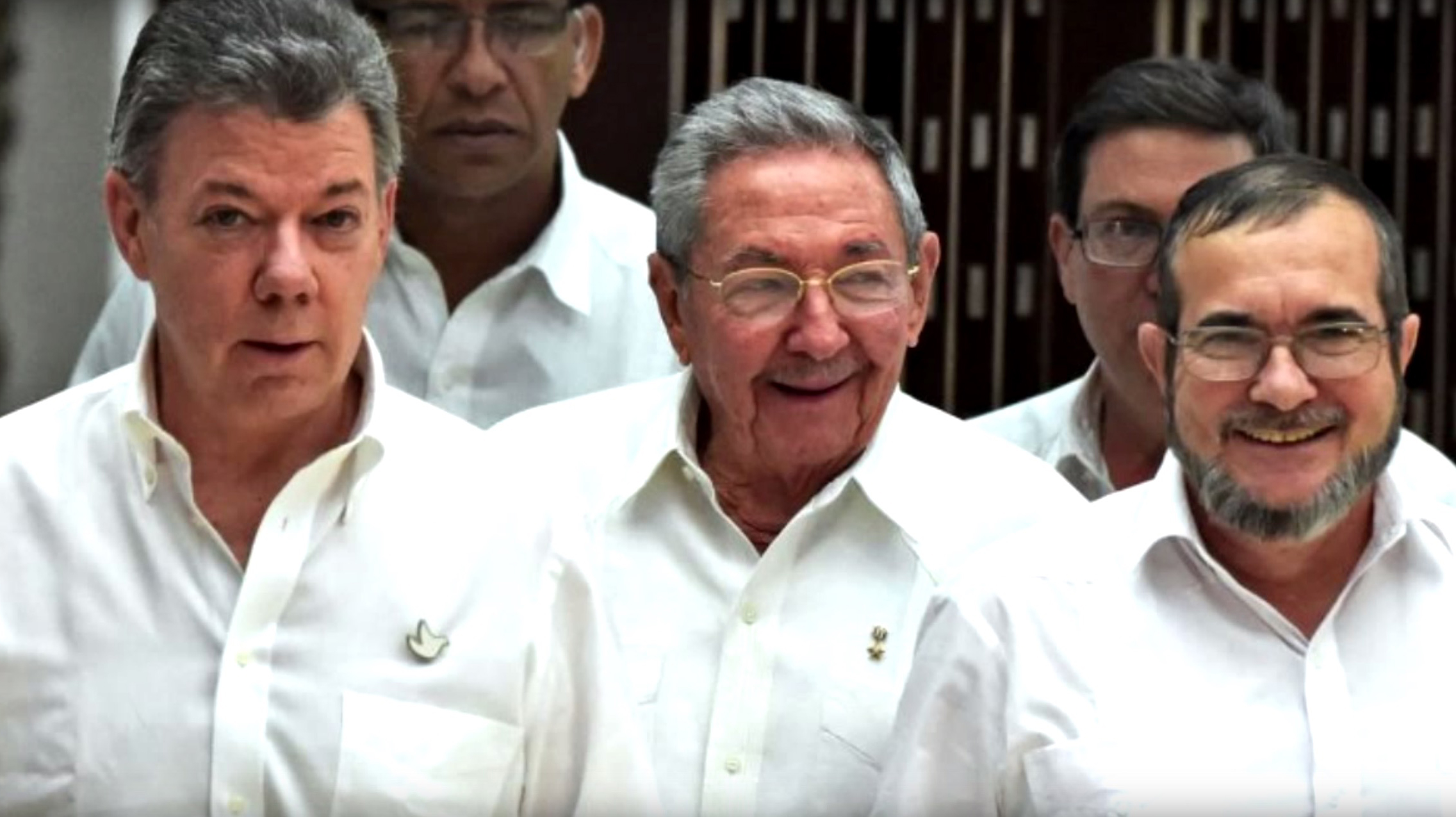
Andes, Colombia, Latin America: Week in Review
Colombian President, FARC Rebels Say Peace to Come in Six Months
September 24, 2015 By Staff
Top Story — President Juan Manuel Santos and leaders from the Revolutionary Armed Forces of Colombia announced on Wednesday an agreement bringing the country just shy of an end to the bloody internal conflict that has raged since 1964 and claimed some 220,000 lives.
Negotiators agreed to terms that would allow for punishment on both sides of the conflict, The Associated Press reported. The deal was the final agenda item under discussion in ongoing peace talks in Havana, Cuba.
The two parties will seek to finalize a peace deal within six months, Santos said, after which the FARC plan to demobilize within 60 days, Reuters reported.
Guerrillas who confess their crimes to “peace tribunals,” repay victims and swear off the use of violence will serve terms of up to eight years, involving community service and a degree of movement restriction short of imprisonment, the AP reported. Troops who committed war crimes will be tried by the same special tribunals.
The timing of the agreement’s announcement appears significant; it follows by a day Santos’ announcement of major reforms to anti-drug policy, which itself followed the departure of Pope Francis from Cuba. The AP’s Colombia bureau chief Joshua Goodman tweeted that the FARC had originally intended the deal to be signed prior to Francis’ arrival.
While in Cuba, Francis made a major public reference to the peace talks. “We do not have the right to allow ourselves yet another failure,” he said, an apparent reference to earlier aborted attempts at a peace agreement.
Headlines from the Western Hemisphere
North America
- Mexico launched an investigation into VM’s emissions in the country, announced Rafael Pacchiano, Mexico’s environment minister, following the discovery that the car manufacturer used software to cheat pollution tests in some of its diesel models. The results could jeopardize VM’s factory in Puebla, which employs around 11,000 people.
- Family members of the 43 teacher-trainee students missing from the Mexican state of Guerrero since Sept. 26 started a 43-hour hunger strike on Wednesday to mark the one-year anniversary of their disappearance, and ahead of their meeting with President Enrique Peña Nieto this afternoon.
Caribbean
- People are interpreting Pope Francis’ decision to schedule back-to-back visits to Cuba and the United States as indication of his support for the continued thawing of relations between the two countries, according to The Daily Beast, but that such progress might lead to the kind of damaging, unfettered capitalism the Pope often warns against.
- Haiti’s plan to ban some goods, such as bread and corn, from the Dominican Republic could cause prices to go up by 40 percent, an official from the European Union warned Tuesday.
Central America
- Panama’s Supreme Court approved two new investigations into Panama’s ex-President Ricardo Martinelli on Wednesday, bringing the number of corruption probes the multimillionaire faces up to five.
- The Telica volcano in Nicaragua erupted Wednesday, with dense clouds of gas and ash settling on six surrounding villages.
- José Raúl Amaya, a suspected drug trafficker and member of the Valle cartel in Honduras, was found and arrested in northern Honduras on Wednesday, according to officials.
Andes
- Presbyterian churches in Peru and Brazil have cut ties with their U.S. counterpart in disapproval of the denomination’s decision last March to alter its constitution to permit clergy to marry same-sex couples.
- A bill that would allow Bolivian President Evo Morales to seek a third five-year term passed through a legislative committee on Tuesday, but will need a two-thirds majority in the Legislative Assembly before being presented to voters at a national referendum.
Southern Cone
- Volkswagen, in the midst of the growing global crisis over fraudulent emissions test, faces charges of human rights violations in Brazil, where ex-employees filed a lawsuit claiming the carmaker allowed the detainment and torture of workers during the country’s military dictatorship between 1964 and 1985.
- The Brazilian real continues to free-fall for the fifth day in a row, reaching a low not seen since the currency was created in 1994.
- After holding professors and university staff hostage at Paraguay’s Universidad Nacional de Asunción in a protest over alleged corruption by the university’s president, students released 37 board members following a tense, five-hour stand-off. The students initially pledged to hold the hostages until University President Froilan Peralta stepped down.
Subscribe to Today in Latin America by Email
